What is your current occupation?
I am a teacher at Charlotte Learning Academy in Charlotte, NC. I am also a graduate student at The Johns Hopkins University School of Education where I am receiving my Masters of Science Degree in Education with a concentration in Secondary Studies. In addition, I serve a community leader in various community-based organizations that include O.N.E. Charlotte, Profound Gentlemen, and The Collective-Charlotte.
How has music helped you in your current occupation?
In addition to teaching biology, earth science, and physical science, I teach a creative writing class at my high school where I am able to assist students with song structure and music production. We currently have 20 students enrolled in the class, and they find joy in creating science songs related to the content that I am teaching. Students are assigned roles that include an A&R, a publicist, and a marketing director. Each of these students plays a role in ensuring that our music is marketed to the proper market and that their music is creative enough to attract the attention of their peers. This course teaches students about the music business and the hard work that goes into creating a business on their own.
How has music played a part in your adult life?
As an adult, I have started a collection of vinyl record due to the pristine recording that occurred in the early 70s. I now use my spare time to create music with the use of my MPC- Renaissance, and ASR-10 sampling synthesizer. As a teacher and graduate student at Johns Hopkins University, I use music as a release from my long days. There is nothing more relaxing than coming home and listening to the melodic sounds of Ahmad Jamal, the groovy bass lines of Wes Montgomery, or the rich brass sounds of Lee Morgan. It's something about the equipment and techniques that were used between 1968-1973 that made their music sound organic and pure. I use sampling as a way to mesh those sounds of yesterday with the sounds of today's popular music.
What advice do you have for young musicians?
Keep striving for your goals. The arts and music are a lost passion in today's society due to the increased demand for science, engineering, and technology; however, music is an essential component to student growth and maturity. I think that it is important for striving musicians to know that they are fully capable of making a living from music if they are willing to work at their craft. Although I am not making a living as a musician, I would encourage those students to continue to work towards their goals and aspirations without letting anyone deter their vision.
I currently teach high school science, and although I do not play my trumpet as often as I would like, I used music as a teaching device for my students to retain science content. I have attached the link to our SoundCloud page and my personal sound cloud page below.
www.soundcloud.com/speakcla
www.soundcloud.com/jboscobeats
Recent Podcast
http://theteachingexperiencepodcast.com/2016/03/episode-23-juan-lascano/


